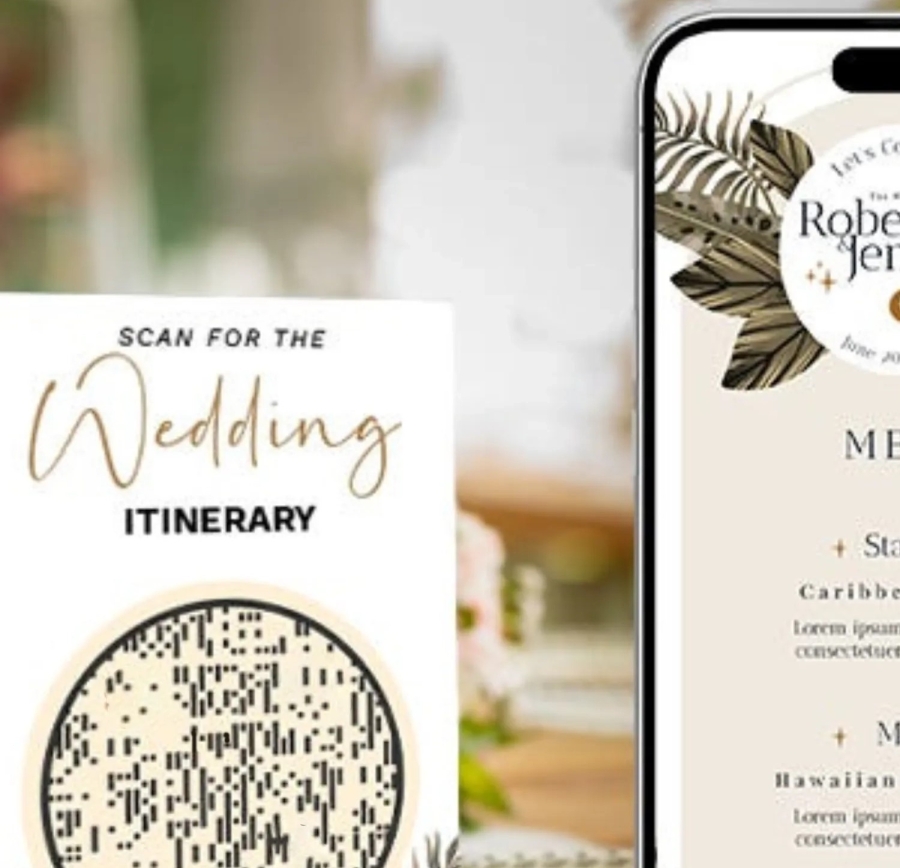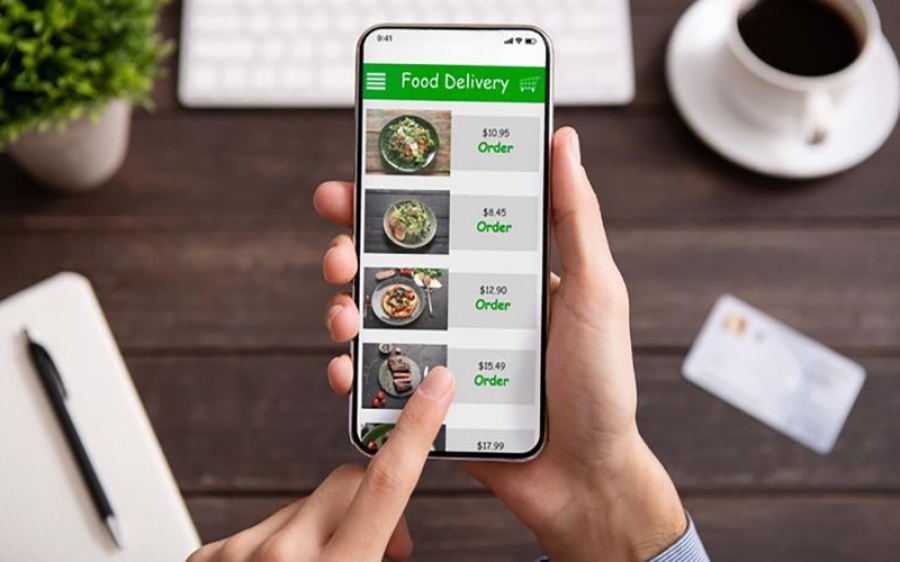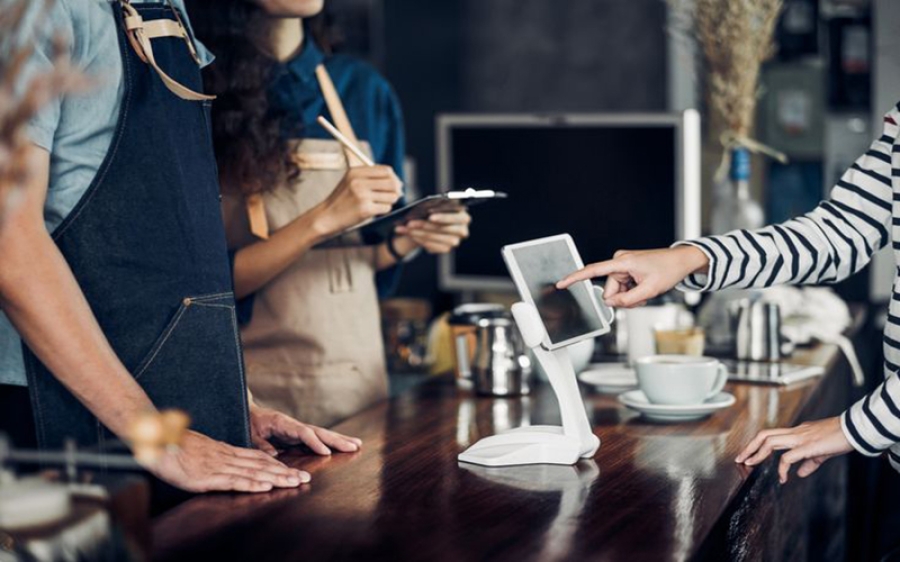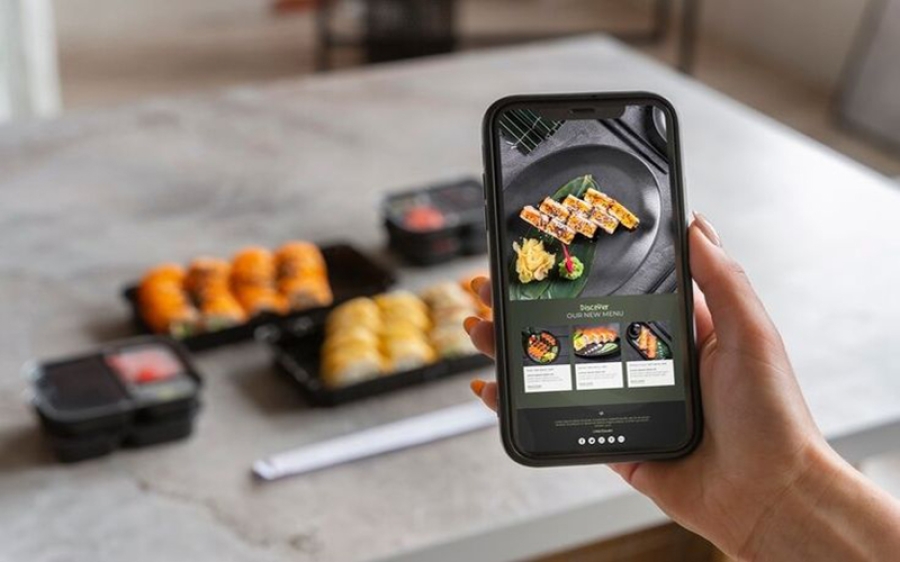Transforming Events with QR Codes
In the ever-evolving world of event management, incorporating innovative technologies has become a key strategy to enhance attendee engagement and streamline operations. Among these technologies, QR codes stand out as a versatile tool capable of transforming the way attendees interact with events. This comprehensive guide explores how QR codes can be effectively integrated into events, highlighting their benefits, practical applications, and best practices to ensure a successful implementation.
Enhancing Event Engagement with QR Codes
Interactive Experiences
One of the most exciting ways to leverage QR codes at events is to create interactive experiences. By placing QR codes next to exhibits, presentations, or informational boards, attendees can scan them to access additional content, videos, or detailed descriptions. This not only enriches the learning experience but also keeps attendees engaged throughout the event.
Streamlining Check-In Processes
QR codes can significantly simplify the check-in process at events. Instead of waiting in lines, attendees can scan a QR code with their smartphones to register themselves, receive event badges digitally, and even access personalized schedules or agendas. This not only speeds up the registration process but also enhances the overall flow of the event.
Facilitating Networking Opportunities
Networking is a critical aspect of attending events. QR codes can be used to facilitate networking by enabling attendees to exchange contact information seamlessly. By scanning a QR code, attendees can add each other to their professional networks, fostering connections that extend beyond the event itself.
Practical Applications of QR Codes in Events
Virtual Reality (VR) Experiences
Integrating VR experiences at events has gained popularity, and QR codes play a pivotal role in this trend. Attendees can scan a QR code to don VR headsets and explore virtual worlds, participate in immersive training sessions, or even attend virtual conferences within the confines of the physical event space.
Augmented Reality (AR) Tours
AR tours offer a novel way for attendees to explore venues or exhibits in a more engaging manner. By scanning QR codes placed strategically around the venue, attendees can unlock AR content that brings static displays to life, providing a deeper understanding of the exhibit or location.
Digital Signage and Wayfinding
QR codes can be utilized to enhance digital signage and wayfinding within large venues. Scanning a QR code can display a map or directions to specific locations, reducing confusion and improving the navigation experience for attendees.
Best Practices for Integrating QR Codes into Events
To ensure a successful integration of QR codes into events, several best practices should be followed:
Clarity and Visibility: Ensure QR codes are clearly visible and easy to scan. Consider using high-contrast colors and placing them near the entrance or at strategic points where attendees will need them.
Security and Privacy: Implement security measures to protect attendee data collected through QR codes. Transparency about what data is being collected and how it will be used is crucial to building trust.
Testing: Before deploying QR codes at an event, test them extensively to identify and resolve any potential issues. This includes checking the readability of the codes under different lighting conditions and ensuring compatibility across various smartphone models.
Accessibility: Designate staff members to assist participants who may struggle with scanning QR codes, especially those with disabilities or those unfamiliar with the technology.
Conclusion
The integration of QR codes into events represents a forward-thinking approach to enhancing attendee engagement and streaming operations. By leveraging QR codes for interactive experiences, streamlined check-ins, facilitated networking, and innovative applications like VR and AR, event organizers can transform the traditional event experience into something truly memorable and technologically advanced. As we continue to navigate the evolving landscape of event management, the role of QR codes will undoubtedly grow, offering new possibilities for creating engaging, efficient, and interactive events.








